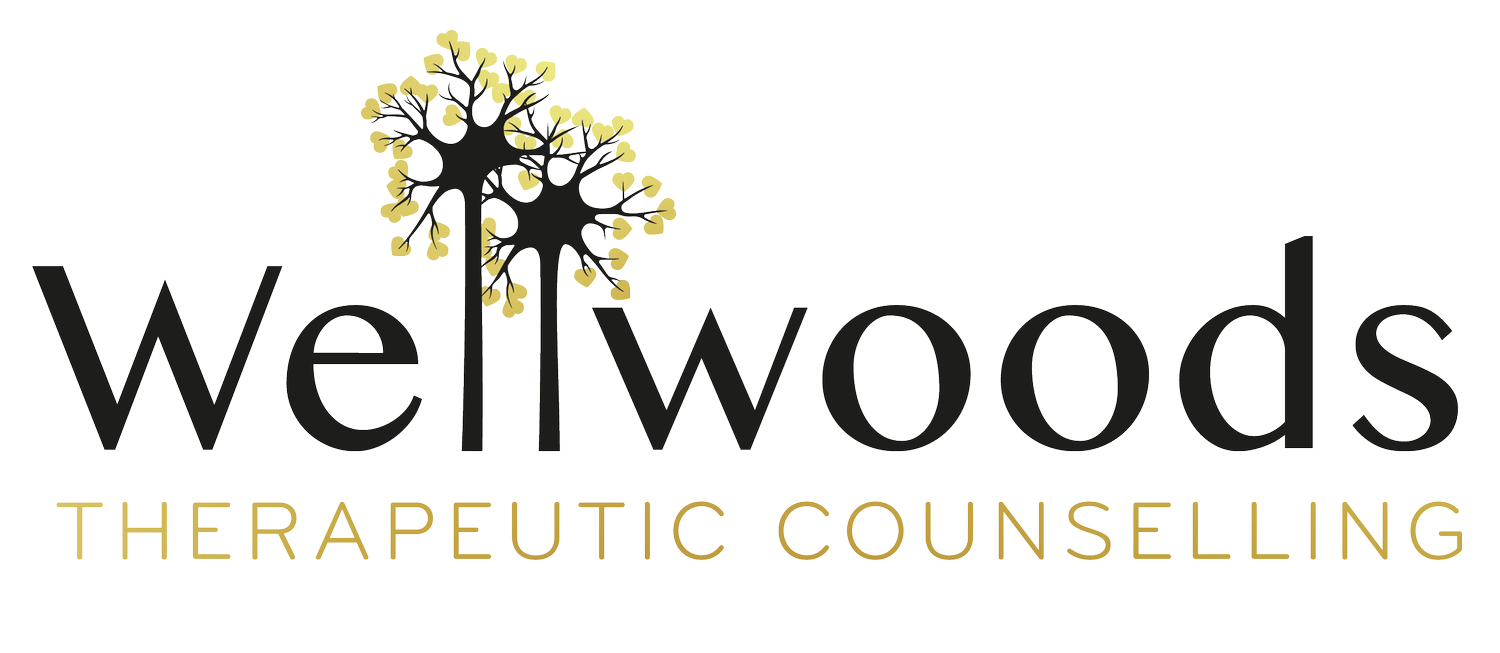After a late summer’s day spent in rituals of loving and mourning the earth with a small group on a Southern Gulf Island, I enter back into the frenetic world of traffic and shopping, and find myself thinking the words “no man is an island.” This now cliché line comes from a 400 year old poem by John Donne. Like most clichés, it resonates a truth, which I thought I could see written on the faces of people driving the highway and moving too quickly around the grocery store. I see it in the epidemic of anxiety and depression, and in the despair voiced by the once hopeful activists in my life. Every cell in my body hears the urgent message written in a universal language – the burning ancient red woods forests of California, the phytoxic lakes killing elephants in Botswana, Greenland’s melting ice sheet – but I’m not an island and I can’t face this mess alone.
In the safety of the group gathered in the shade of a plum tree dripping with fruit, the pretence of positivity and the constant flurry of productivity crumbled. I was no longer concerned about popping someone’s happy bubble; these are people who I know are unafraid of the heartbreaking consequence of naming their love for the world. It was clear from the moment we set down our bags and baskets that we were all exhausted from the part we play in maintaining the illusion that everything is okay. So, I sunk into the embrace created through the sharing of our love and anguish for the human and the more-than-human world.
About a decade ago, I found myself trying to push on through the final year of my undergrad degree in Social Work and Environmental Studies, my busy world demanding a machine-like efficiency from me, which I could no longer show up for. I could not see the point in, or find the energy for, building a just and sustainable community or standing up for the rainforests, as I had once done in full belief that we could create a beautiful future in harmony with the planet. I could no longer look into the face of ecological degradation and climate change and say that I could make a difference. I could no longer dream. Despite a lot of knowledge in my head about what was happening to the planet, I had become practiced, and was well-aided by consumer society, at shutting out the deep dark waters of my sorrow and forging on, but I could no longer keep the tidal wave of grief at bay. Despair settled into my bones like a winter without a sparrow’s song, like cement towers built up where the eastern light once reflected off the leaves of an old oak tree.
In a 4th year Integral Systems Theory course I came across an article by Eco-philospher Joanna Macy. It lifted the darkness I was drowning in just long enough for me to scramble up on a ledge, from which point I could follow her down the path that has led me to facilitate the group process work she created, called the Work that Reconnects. Macy has said, “the heart that breaks open can contain the Universe.” Her words, as well as the circles of imaginative sharing and listening that make up this group work, not only made space for my pain for the world, but celebrated it as my capacity to love the earth, and as a sign that I am not separate from it, but a feeling, sensing piece of the larger body of the planet. The more I shared and listened and embodied this love, and the great pain of being alive to witness so much loss, the more I was capable of being with it. I was no longer small and alone. I could “sustain the gaze,” as Macy refers to the practice of not looking away from the horror of what is happening on the planet. The anger, regret, loneliness, shame, apathy and numbness, as well as the joy and love, became the territory of being fully alive. I was no longer simply theorizing about my connection to the great waters from which our ancestors emerged millions of years ago, I had become the Sea.
On the surface of the Sea there are great waves that crash and there are calm ones that gently rock and there is something like stillness at times, too. The experience of honouring our pain for the world in community is moving and important, and it is only one part of doing this collective work, which also involves expressing gratitude and seeing with new eyes the vast dimensions of our existence, and once again going forth into an often stormy world in the many ways we are called to: to serve and to protect and to love what we love. At the end of the poem by Donne, written long before the majority of our earth had been turned into a supply house and a dumping ground for the unfettered consumption of late stage capitalism and before the internet provided our sense of interconnectivity in exchange for our singular attention, he said “never send to know for whom the bell tolls, it tolls for thee.” In the cozy nest of a makeshift community, whose intent is to reconnect with our love and our pain for the earth, I no longer feel like a solitary island, and I find the strength to listen to the bells that toll for the more-than-human world, and to remember that they toll for me too.

